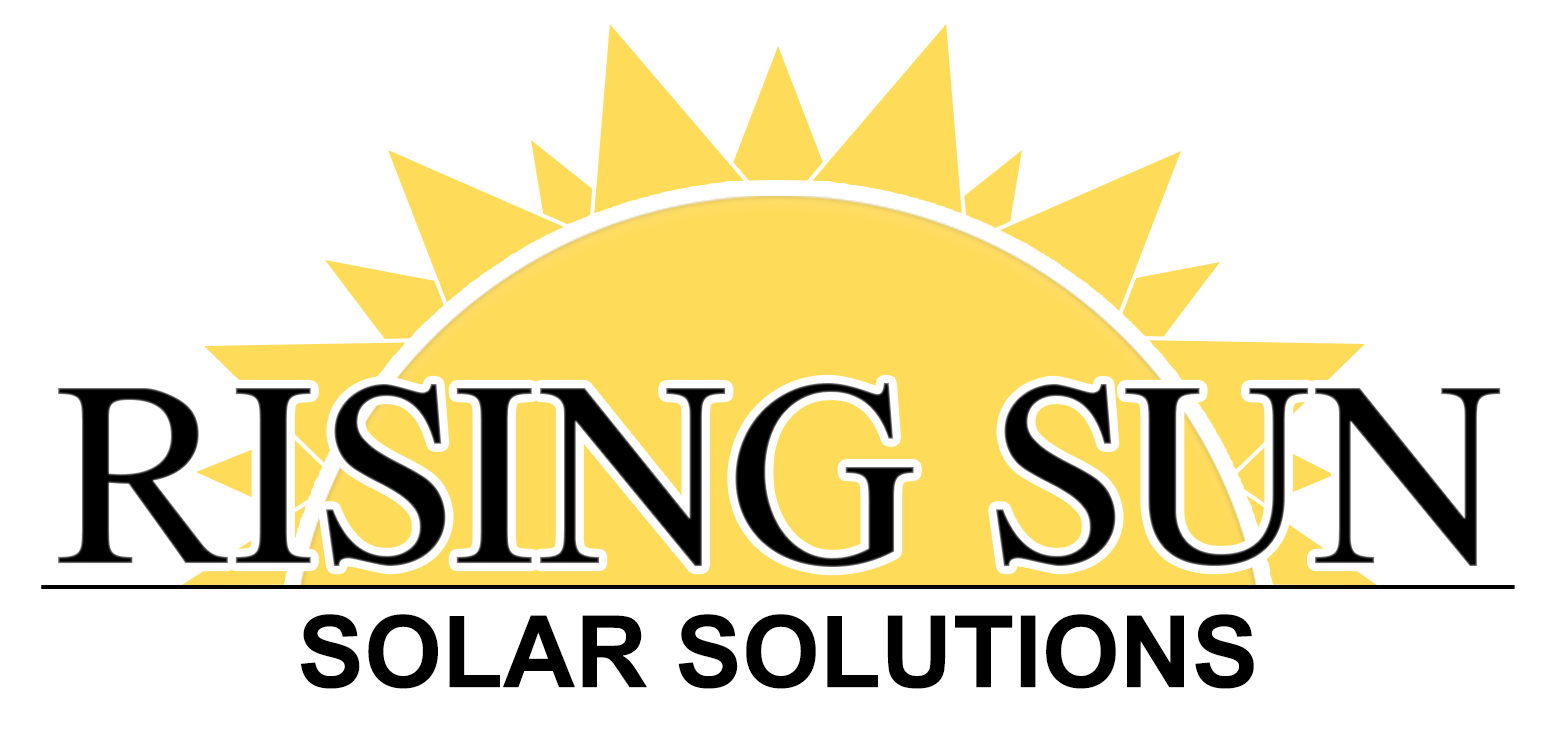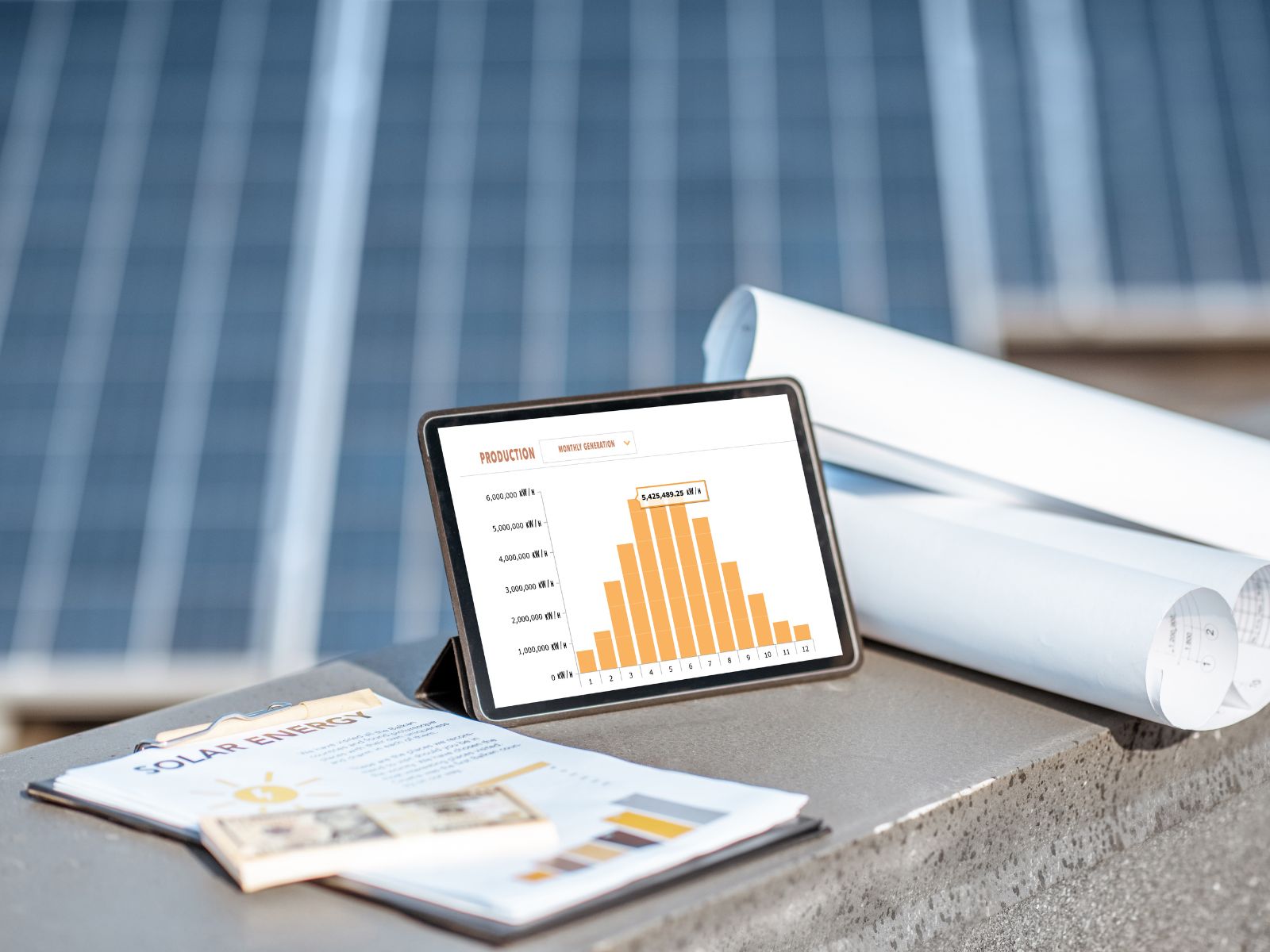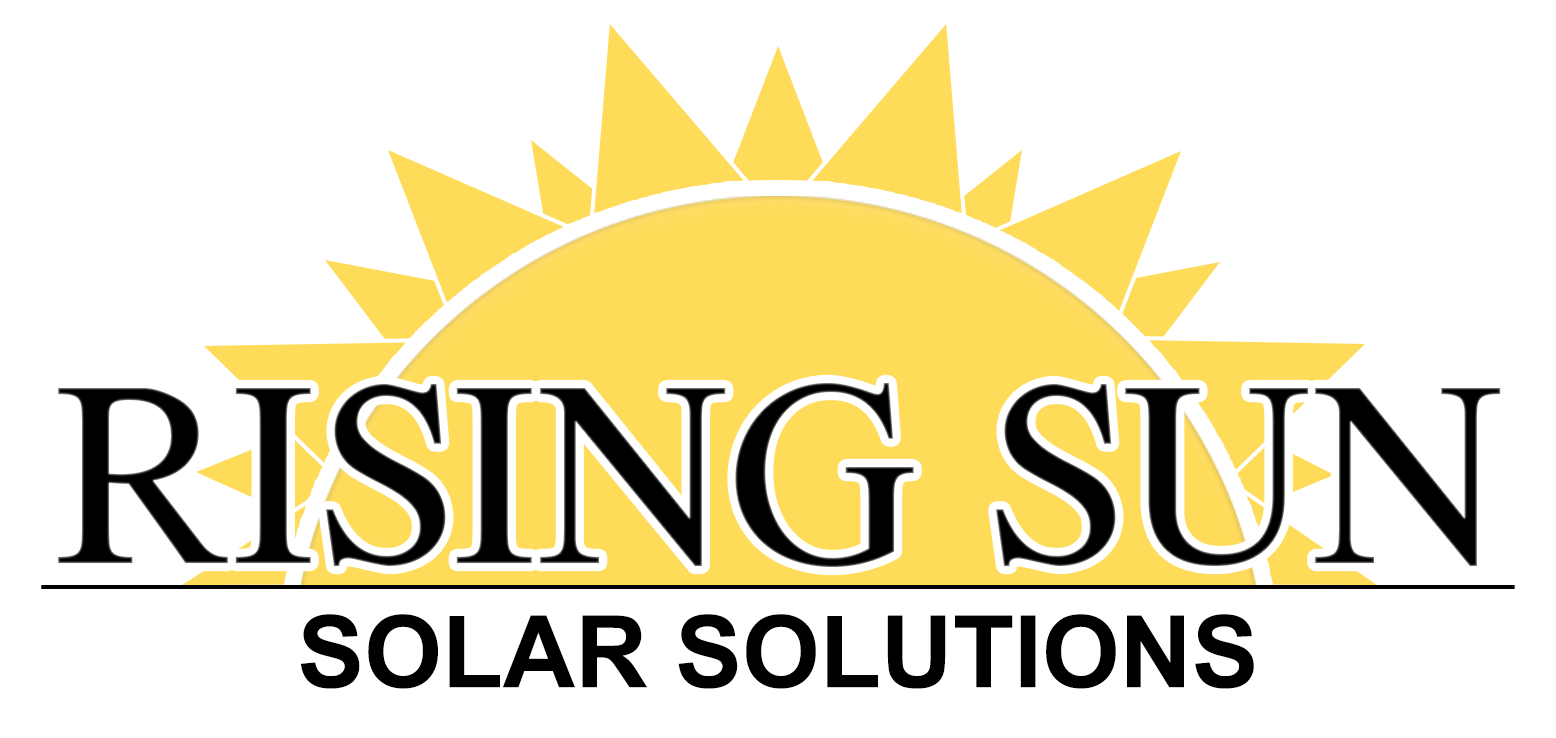Did you know that residential solar panel costs have reduced by 64% since 2010? While the price is expected to continue its decline, solar panel incentives are at their peak.
This means if you are considering going solar, then now is the best time to take advantage of the low cost of solar paneling as well as the tax credits and rebates that won’t be around forever.
Start your solar journey by delving into the world of solar panel costs, including the factors that affect it, your potential return on investment (ROI), and how to choose the best solar contractor in Maryland and Pennsylvania.
Understanding the Initial Investment
Solar panel costs are typically the highest hurdle for individuals considering a transition to solar energy. However, it’s important to understand that this investment is not just an expense; it’s an investment in a sustainable future and more predictable energy costs.
In addition, the costs of solar panel installation is compensated by reducing your utility bill (in many cases it eliminates it) and creates an ROI by generating your own electricity over the course of a solar panel lifespan.
Factors That Influence Solar Panel Costs
Your initial solar investment will differ based on your specific energy needs. Some of these factors influence the overall panel solar cost.
System Size: The size of your solar panel system significantly affects the cost. Larger systems produce more electricity but come with higher upfront expenses. Your system’s size depends on your energy needs as per the square footage of your home or building and how much of your power will be supported by solar.
Location: Your geographic location plays a crucial role. Environmental factors may not only require you to move trees and other obstructions, it can also affect your solar energy output.
Quality of Panels: Higher-quality solar panels tend to be more expensive upfront but often provide better performance and durability over time. This means that you may have a higher efficiency rate and receive a larger ROI, saving you more money in the future.
Incentives: Solar incentives like government tax credits and rebates can significantly reduce the cost of solar panels. For example, the federal government now offers a 30% tax credit to offset the cost for solar panel installation. And states like Maryland have grants and renewable energy certificates available.
Calculating Your Solar Panel Costs
To get an accurate estimate and find out how much do solar panels cost, you’ll need to consider both the upfront expenses and the long-term savings. Here’s a simplified formula to help you calculate your solar investment:
Total Cost of Solar System – Incentives + Future Energy Savings = True Cost of Solar Panels
This formula allows you to understand the net cost of your solar investment, accounting for the reduction in your energy bills over time.
To get a more accurate cost for solar panel installation, contact Rising Sun Solar Solutions or send us your information for a free estimate and site evaluation.
Breaking Down the Costs
If you want to use the formula above to help you understand the cost of solar paneling, then consider breaking the cost of your unit down into parts.
Solar Panels
Solar panels themselves account for a significant portion of the cost. The price of solar panels can vary depending on their quality, efficiency, and manufacturer. On average, you can expect to pay between $250 and $360 for a single 400W solar panel installation. Most homes use on average about 20 panels per unit so multiply your solar panel cost by the number of panels to find the total costs for all of the solar panels.
Inverter
The inverter is a critical component of your solar system, responsible for converting the direct current (DC) electricity generated by the panels into usable alternating current (AC) electricity for your home. Inverters can cost anywhere from $1,000 to $3,000.
Mounting and Racking
Properly securing the solar panels to your roof or another mounting structure is essential for the longevity and efficiency of your system. Mounting and racking costs can range from $1,000 to $3,000, depending on the complexity of your installation.
Installation Labor
Professional installation is a must to ensure your solar panels work effectively and safely. Labor costs vary depending on where you live and the amount of work to create a safe structure but it typically ranges from $3,000 to $5,000. For example, you may need a roof repair or tree removal before installing solar for your home.
Miscellaneous Costs
Don’t forget to budget for additional costs like permitting, inspection fees, and electrical upgrades if necessary. These can add another $1,000 to $2,000 to the total cost.
Financial Incentives and Savings
The good news is that there are various financial incentives and savings opportunities available that can significantly reduce your solar panel costs.
Federal and State Tax Credits
The federal government and many states offer tax credits for solar panel installations, which can cover a substantial portion of your initial investment. The specifics of these credits vary, so it’s essential to research the incentives available in your area.
Net Metering
Net metering allows you to sell excess energy generated by your solar panels back to the grid. This can result in significant savings over time, as well as the opportunity to earn credit on your energy bill.
Solar Renewable Energy Certificates (SRECs)
Some regions offer SRECs, which can be sold on the market to utilities looking to meet renewable energy quotas. This is another way to recoup some of your solar panel costs and increase your ROI.
Solar Loans and Financing
Many financial institutions offer loans and financing options specifically for solar panel installations. These programs can help you cover the upfront costs while allowing you to pay back the loan using monthly payment options.
At Rising Sun, we work with you to help you finance your solar project and make easy monthly payments to get your unit up and running. Contact us for more information about financing.
Long-Term, Cost-Saving Solar Benefits
Solar energy is similar to any other home improvement project as it will enhance your home’s efficiency and lead to long-term savings. Let’s explore these future benefits of installing solar.
Energy Savings
Solar panel costs should be viewed in the context of long-term savings. While the initial investment may seem high, it’s essential to consider the financial benefits in the long run. This includes how much energy you will save as you create your own renewable power from the sun.
Reduced Energy Bills
Once your solar panels are operational, you’ll start to see immediate savings on your energy bills. These savings can accumulate over the years, making you an average 10% ROI over the course of your solar panel lifespan.
Increased Home Value
Solar panels can increase the resale value of your home. The National Renewable Energy Laboratory found that for every dollar that you save on your energy bill from solar, it increases your home’s value by $20. Plus, according to Zillow, homes with solar panels tend to sell faster and at higher prices than those without.
Environmental Benefits
Beyond financial gains, solar panels contribute to a greener, more sustainable future. Solar energy is a renewable source of power, meaning that it will never run out. It is also easy to produce and maintain, allowing everyone the means to create energy with minimal impact on the environment.
Choosing the Right Solar Panel Installer
The cost of solar panel installation can vary depending on who does the installing. Every solar energy contractor is different and so is each quote.
To find the right solar installer in Maryland and Pennsylvania you should find a balance between expert experience and cost-efficiency. You can compare costs and go for the cheapest installation but you should never sacrifice knowledge and service either.
At Rising Sun, we provide 30 years of general contracting, electrical, and solar panel insulation experience while providing affordable solar options. This is because we are a family-owned and operated business that prefers to spend quality time on your project rather than getting as much business as possible.
Weighing Your Solar Panel Costs
While solar panel costs can be a significant upfront investment, it’s essential to understand the long-term benefits, including reduced energy bills, increased home value, and environmental benefits. With the help of financial incentives and financing options, solar power can become a viable and cost-effective option for your home.
When considering solar panel costs, always consult with a professional installer who can guide you through the process and ensure you make the most of this sustainable and eco-friendly investment. Above all else, don’t let the upfront costs deter you from thinking you can’t go solar.
Get started by contacting us to talk about your financing options today.


